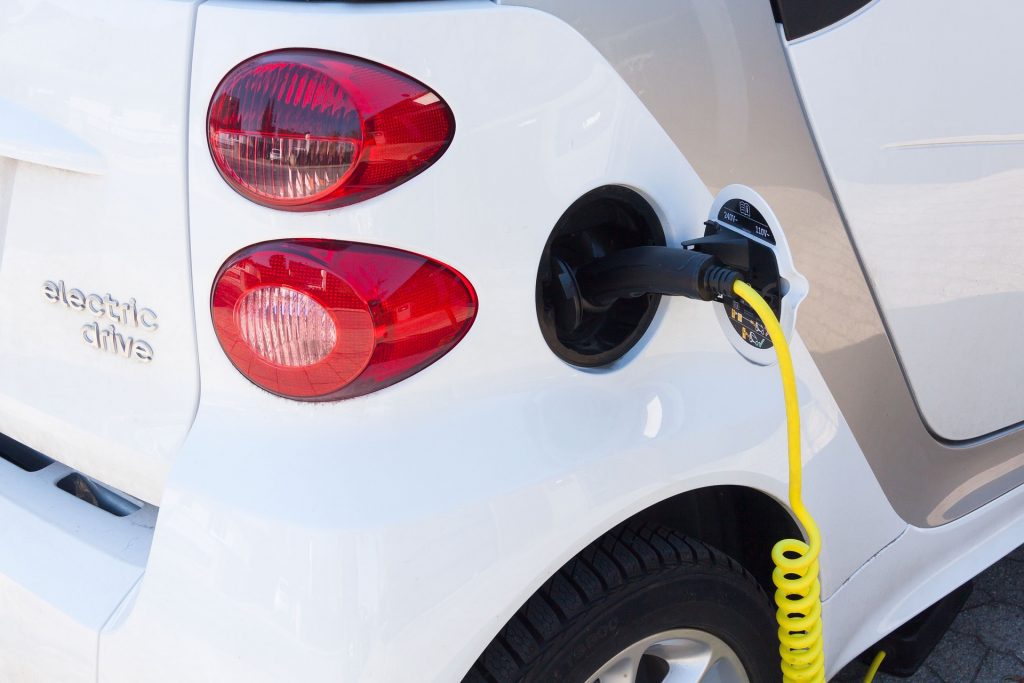
Of course, if you’re considering purchasing an electric car, it’s likely due to the environmental benefits. When it comes to protecting the environment, there is no debate — electric cars are a much better option.
However, the electric car industry is still developing, and many of the more desirable options, like Tesla, are more expensive than most people can afford.
Even the more budget-friendly options are typically more expensive than your average gas-powered car. This might leave you wondering whether or not purchasing an electric vehicle is really a more cost-effective option.
Consider these factors when deciding whether or not to go electric.
Rebates for Electric Cars
Electric cars tend to cost more than the average gas-powered car. Electric vehicles that are considered “cheap” still tend to run in the range of $25,000-$35,000. However, this doesn’t take federal and state rebates and incentives into account.
Federal and state rebates exist to make going electric a much more feasible option for average consumers by offsetting the cost of electric vehicles. Rebates combined with the falling prices of electric cars make ditching gas a realistic option for many individuals.
Take the Tesla Model 3 for example. This vehicle starts at an intimidating $35,000. Not exactly ideal for most. However, after tax credits and incentives, this can drop to as low as $21,950.
Check out this guide by EnergySage to see what EV incentives are available to you.
Fuel Costs

Of course, the primary long-term cost benefit offered by electric vehicles is being able to dodge expensive gas prices. But how much cheaper is charging your car versus filling up your gas tank?
In some cases, you might be able to find free charging stations. However, the majority of charging stations do cost money, but not much. According to Edmunds.com, the national average per kilowatt-hour is 12.7 cents.
To put this in perspective, it would cost approximately $6.50 to charge the Tesla Model 3’s 50 kWh battery, which gives you an estimated range of up to 220 miles.
Compare this with the average 26 mpg offered by gas-powered cars. According to Solar-Estimate, based $3.20 per gallon, gas-powered cars cost 12.3 cents per mile compared to 2.9 cents per mile for electric cars.
This can save you hundreds of dollars per year in fuel costs, and thousands over the course of several years.
Maintenance Costs
Any vehicle owner knows how much maintenance costs can add up over the years. Oil changes, tire replacements, belt replacements, and other general maintenance tasks can cost thousands of dollars as your car ages.
But what about electric cars?
EVs take on many of the same maintenance expenses as traditional cars. Tire and rim replacements, car insurance, and regular inspections are universal. However, EVs have one major expense that doesn’t apply to gas-powered vehicles: battery failure.
This defect is rare, so shouldn’t scare EV owners; however, it’s still worth noting. As EV batteries are large and are constantly drained and recharged, they are susceptible to severe degradation.
Most warranties will cover battery replacement if yours fails. However, if you don’t have a warranty, it can cost thousands of dollars to replace.
Electric cars are still more expensive than the average gas-powered vehicle. However, tax credits and rebates, falling prices, and cost-effective fueling options make purchasing an EV a much more accessible investment than in the past.



